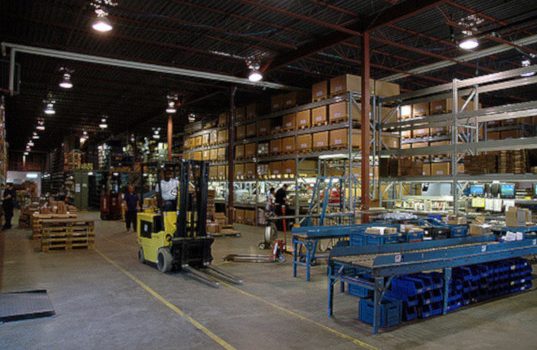
Workplace surveillance has a long-standing history in industrial relations and management, but the trend to turn more and more social activity and human behaviour into data points that can be collected and analysed is significantly transforming the nature of work. The growth of platform capitalism and the rise of new ways of organising labour to advance an on-demand and gig economy has illustrated how novel management forms, scheduling, assessments and rewards are emerging through uses of data analytics and algorithmic decision-making. Recruitment and hiring decisions and general human resources practices are increasingly data-driven. The integration of automated tasks is deskilling and changing the position of workers within organisations.
This research will explore the uses of algorithmic management structures and data-driven worker surveillance within standard employment, particularly low-wage work. Looking at case studies across Europe, in different employment contexts, the research will consider how data processes relate to questions of workers’ rights, labour law, and collective organisation within a broader framework of data justice.